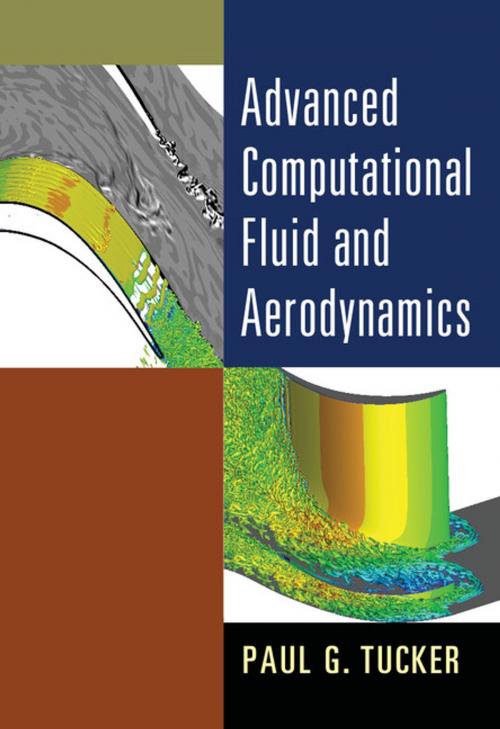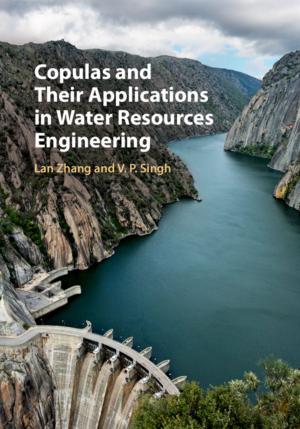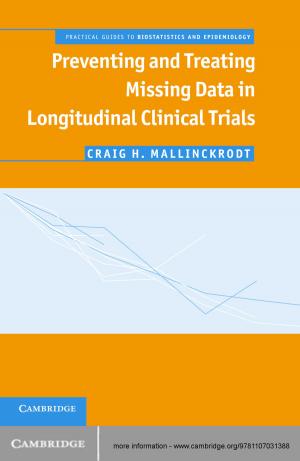Advanced Computational Fluid and Aerodynamics
Nonfiction, Science & Nature, Technology, Engineering, Science| Author: | Paul G. Tucker | ISBN: | 9781316666104 |
| Publisher: | Cambridge University Press | Publication: | March 15, 2016 |
| Imprint: | Cambridge University Press | Language: | English |
| Author: | Paul G. Tucker |
| ISBN: | 9781316666104 |
| Publisher: | Cambridge University Press |
| Publication: | March 15, 2016 |
| Imprint: | Cambridge University Press |
| Language: | English |
The advent of supercomputers has brought computational fluid dynamics (CFD) to the forefront as a tool to analyze increasingly complex simulation scenarios in many fields. Computational aerodynamics problems are also increasingly moving towards being coupled, multi-physics and multi-scale with complex, moving geometries. The latter presents severe geometry handling and meshing challenges. Simulations also frequently use formal design optimization processes. This book explains the evolution of CFD and provides a comprehensive overview of the plethora of tools and methods available for solving complex scenarios while exploring the future directions and possible outcomes. Using numerous examples, illustrations and computational methods the author discusses turbulence modeling, pre and post processing, coupled solutions, the importance of design optimization, multiphysics problems, reduced order models, and large scale computations and the future of CFD. Advanced Computational Fluid and Aerodynamics is suitable for audiences engaged in computational fluid dynamics including advanced undergraduates, researchers and industrial practitioners.
The advent of supercomputers has brought computational fluid dynamics (CFD) to the forefront as a tool to analyze increasingly complex simulation scenarios in many fields. Computational aerodynamics problems are also increasingly moving towards being coupled, multi-physics and multi-scale with complex, moving geometries. The latter presents severe geometry handling and meshing challenges. Simulations also frequently use formal design optimization processes. This book explains the evolution of CFD and provides a comprehensive overview of the plethora of tools and methods available for solving complex scenarios while exploring the future directions and possible outcomes. Using numerous examples, illustrations and computational methods the author discusses turbulence modeling, pre and post processing, coupled solutions, the importance of design optimization, multiphysics problems, reduced order models, and large scale computations and the future of CFD. Advanced Computational Fluid and Aerodynamics is suitable for audiences engaged in computational fluid dynamics including advanced undergraduates, researchers and industrial practitioners.















